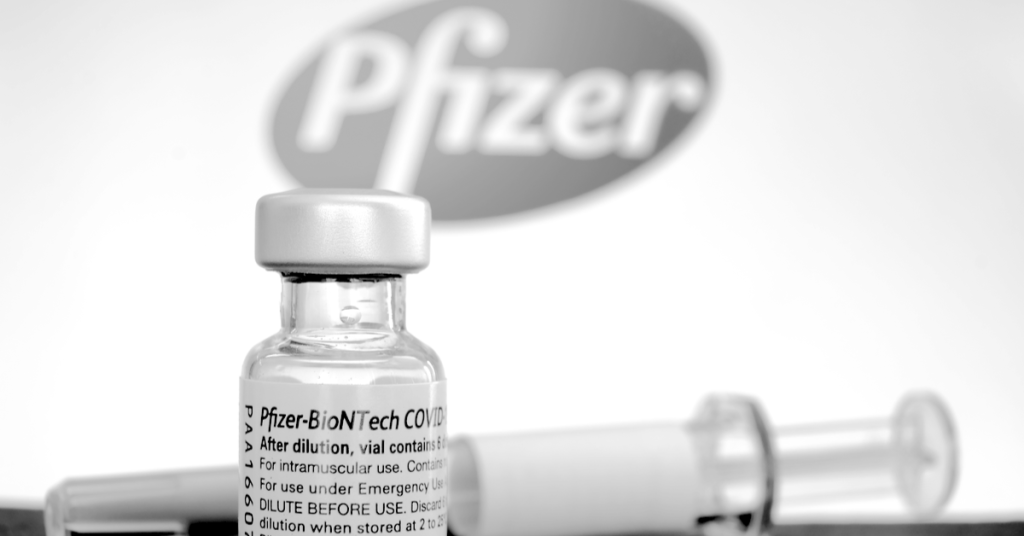
Pfizer and BioNTech announced on Tuesday they had submitted a request for emergency authorization of an additional booster dose of their COVID-19 vaccine for adults 65 years of age and older.
The companies’ request to the U.S. Food and Drug Administration (FDA) was not based on robust, peer-reviewed U.S. data, but on two recent studies from Israel — both published on preprint servers without peer review.
The first study was done in conjunction with Israel’s Ministry of Health and involved a review of 1.1 million health records. The study concluded rates of COVID in those who received a fourth dose of Pfizer’s COVID vaccine were lower compared to those who only received three doses.
According to the pre-print published on medRxiv, Israel has only been administering a fourth dose of the BNT162B2 vaccine (Pfizer/BioNTech) to people over 60 years and at-risk populations since January 2, 2022. The long-term vaccine efficacy and safety of a fourth dose are entirely unknown.
In the second study of Israeli health care workers, results showed that even though fourth doses of either Pfizer’s or Moderna’s vaccine boosted antibody levels, they were not very effective at preventing infections.
“The fourth COVID-19 mRNA dose restores antibody titers to peak post-third dose titers,” researchers concluded. “Low efficacy in preventing mild or asymptomatic Omicron infections and the infectious potential of breakthrough cases raise the urgency of next-generation vaccine development.”
The “protection” provided by a booster dose (which would be the third dose of Pfizer’s vaccine) doesn’t last long, or there wouldn’t be calls for a fourth dose at only four months post booster.
A study released by the Centers for Disease Control and Prevention last month showed waning protection after a booster dose of Moderna’s or Pfizer/BioNTech’s COVID vaccine.
The study analyzed hospitalizations, emergency room visits and urgent care visits in 10 states by people who received booster shots of either Moderna or Pfizer’s vaccine. Results showed the level of protection against hospitalization fell from 91% in the two months after a third shot to 78% after four to five months. Effectiveness against visits to emergency rooms or urgent care clinics declined from 87% to 66%.
While researchers did not break down cases by age, underlying conditions or the presence of immune deficiencies, they said the findings demonstrated a possible need for a fourth dose, instead of acknowledging COVID vaccines, at least in their current state, simply aren’t effective.
Emerging research from Kaiser Permanente Southern California also suggests vaccine effectiveness of a booster dose against both symptomatic and severe disease wanes in three to six months.
“We’re starting to see now diminishing returns on the number of additional doses,” E. John Wherry, the director of the Institute for Immunology at the University of Pennsylvania, said in an interview last month.
The FDA will convene a meeting of its expert advisory panel next month to discuss whether to authorize a fourth vaccine dose. Even if they vote against another booster dose, the FDA’s director Robert Califf could go against the guidance and authorize a fourth dose anyway, as previous director Janet Woodcock did last year.
Pfizer CEO Albert Bourla said on Sunday a fourth dose of its COVID vaccine is needed in an effort to maintain manageable levels of hospitalizations and mild infections. Protection after three doses is “not that good against infections” and “doesn’t last very long” when faced with a variant like Omicron, Bourla said. So, a fourth dose is “necessary for right now.”

